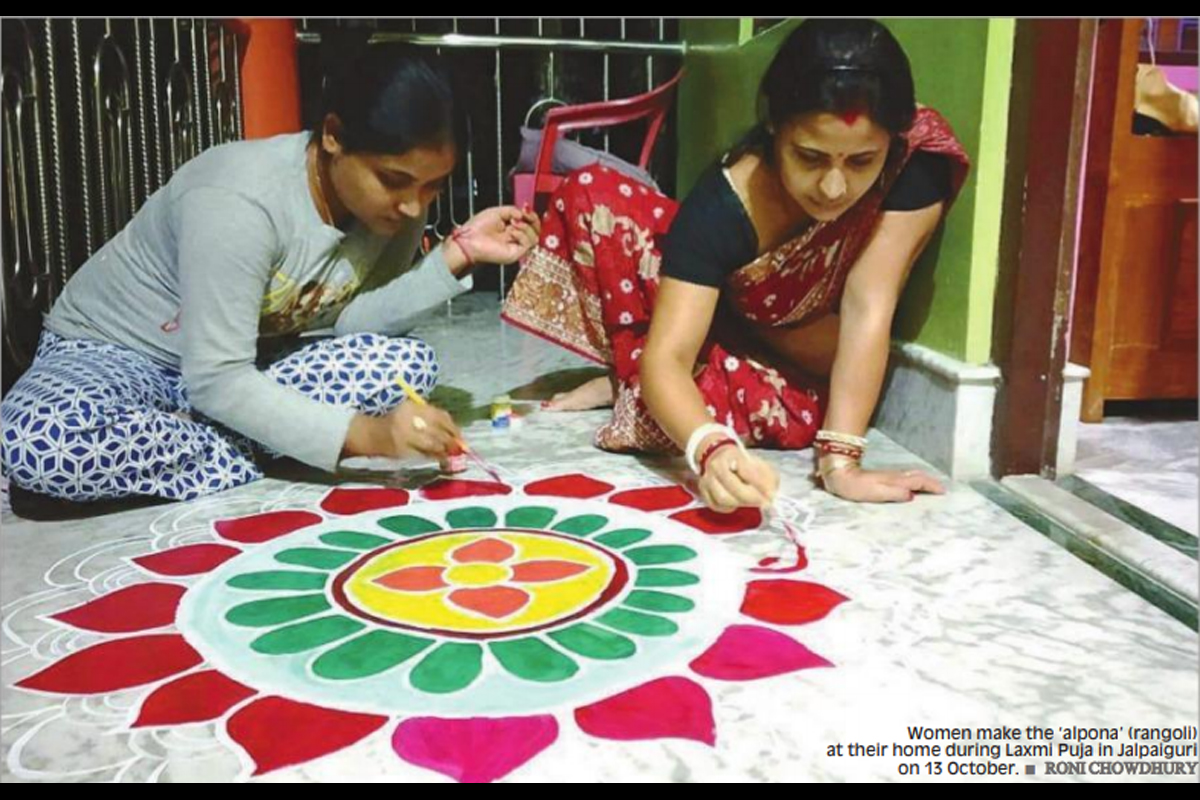Treat menstrual pain the right way: The Patanjali solution
Discover Ayurvedic remedies endorsed by Patanjali to effectively treat menstrual pain, including ginger, fennel, ajwain, aloe vera, cinnamon, and jaggery.
‘Maasika Mahotsav’ is the brainchild of ‘A Period of Sharing’, an initiative by an organisation called Muse founded by Amritha Mohan and Nishant Bangera. The main aim of this festival is to break the stereotypes which have been continuing in our society since ages.

Photo: SNS
Menstruation is an important biological phenomenon of every woman, which make them bleed every month till around 45-50 years of age, yet the taboo around it is still prevalent.
The occurrence of menstruation leads to the existence of life but, many women and girls have no knowledge of its importance and the proper hygiene and medical care associated with it. Women face difficulty in performing their daily chores due to cramps, hornonal changes, weakness and the social stigma associated with menstruation, and prevents them from understanding it well.
The traditional taboo considers a menstruating woman to be impure. She is asked to sit, eat and sleep separately. Participation in ritualistic and religious activities is also restricted to menstruating girls as they are considered to be impure. The resultant ostracism from this dogmatic stigma leads to many serious health issues and gender inequalities in society.
Advertisement
Hence, the need of ‘Maasika Mahotsav’ is of prime importance in a developing country like India and many others where menstruation is still viewed with negativity, which spurs the evil of untouchability and renders it as extremely disempowering. ‘Maasika Mahotsav’ is the brainchild of ‘A Period of Sharing’, an initiative by an organisation called Muse founded by Amritha Mohan and Nishant Bangera. The main aim of this festival is to break the stereotypes which have been continuing in our society since ages.
The National Family Health Survey 2015-16 shows that the section of women using sanitary pads in India is 58 percent; in urban areas it is 78 percent and rural areas only 48 percent. India’s first menstrual festival Maasika Mahotsav started on 21 May, 2018 in Thane, covering nine different states: Maharashtra, Karnataka, Sikkim, West Bengal, Uttar Pradesh, Assam, Madhya Pradesh and Tamil Nadu, and culminated on World Menstrual Hygiene Day on 28 May. The event was held for three days to create awareness on sustainable menstruation through the medium of sports, poetry, art and culture.
Menstruation is not yet mainstreamed in educational institutions. However, to eliminate gender bias from society, menstruation sensitive educational environment should be provided to students so that the social taboos can be nipped in the bud. This festival also aims at promoting cloth pads and menstrual cups and teaches women about hygienic practices.
There is much need to eradicate the misconceptions and stereotypes related to menstruation and Maasika Mahotsav aims to address these issues, adopting the concept of a festival. In addition, our former Miss World 2017 Ms Manushi Chillar has been continuously working on the ‘Beauty with a Purpose’ project and focusing on the prevalent menstrual problems. She aims at not only educating, but also providing a sustainable model for good menstrual management. Hence, projects and festivals like Maasika Mahotsav can lead us to a taboo-free society by involving men in the open conversation about menstruation and help women achieve good menstrual health.
The author is Assistant Professor of Economics, Indian Institute of Legal Studies, Siliguri.
Advertisement